III. VITAMINS AND MINERALS
(i) The use of vitamins and minerals is regulated under “Article 1387 of CAA”.
(ii) Minimum levels should be at least 20% of the established Recommended Daily Intakes (RDIs).
(iii) Maximum levels are set at “No Observed Adverse Effects Levels” (NOAEL), which can be 100 times higher than those set at the EU.
(iv) Specific RDI and NOAEL levels are stablished for men, women, pregnant and breastfeeding women and 5 different age groups of children.
IV. HERBAL SUBSTANCES
(i) Herbal substances are exhaustively regulated in Argentina. “Disposition (Disposición) No. 1637/2001” establishes a positive and negative list of plants (Annex I and II).
(ii) Herbal substances are only authorised when they are combined with peptides, proteins, fats, fish oils, amino acids, fats, carbohydrates, vitamins, minerals or dietary fibres.
(iii) Food business operators can apply for the authorisation of other plant substances with the “National Administration of Medicines, Food and Medical Technology (Administración Nacional de Medicamentos, Alimentos y Tecnología Médica - ANMAT)” by presenting international scientific evidence which shows the use of the substance in food. The decision-making process takes 180 days.
V. OTHER SUBSTANCES
(i) Considering the definition of dietary supplements, only peptides, proteins, fats, marine oils, amino acids, carbohydrates, vitamins, minerals, fibres and herbs and combinations thereof may be used in food supplements.
(ii) Moreover, it is required these substances are naturally present in foods.
(iii) Marine oils will consist of an isolated oil or mixture of fish oil or other marine organisms. They should contain at least 6% EPA and 6% DHA, and 15% and 10% respectively if they are derived from concentrated triglycerides.







